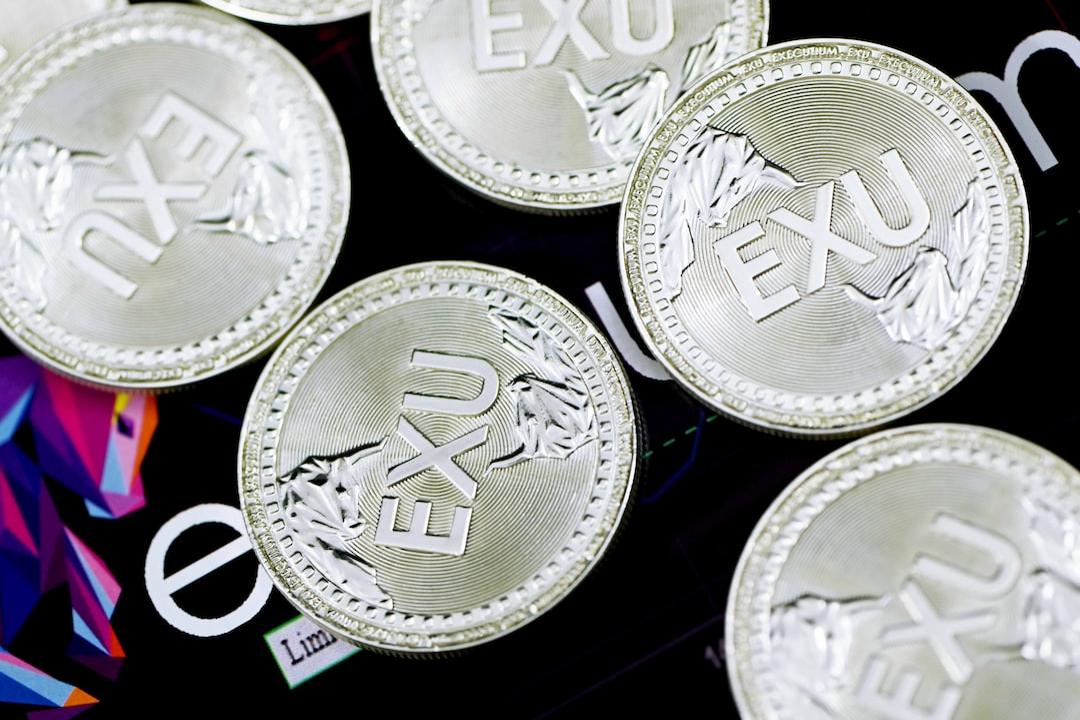
Cofounder of Consensys predicts that regulatory obstacles in crypto are close to being resolved
The U.S. Securities and Exchange Commission (SEC) has officially ended its investigation into Ethereum 2.0 and has dropped charges against Ethereum sales as securities. This decision, according to Joseph Lubin, the founder of ConsenSys, could signal a potential easing of regulatory hurdles in the cryptocurrency industry.
The closure of the investigation has removed uncertainty that has been looming over Ethereum in recent months. This move comes after the SEC’s recent approval of spot Ethereum ETFs, indicating a more lenient stance towards cryptocurrencies.
While Lubin welcomes this development, he believes that it is not enough. He emphasizes the need for a more structured regulatory system for cryptocurrencies, stating, “There has to be a better way to regulate the market than through ambush. …we are intent on achieving more legal clarity for all.”
The SEC’s investigation into Ethereum 2.0 had been ongoing since March 2023 under the leadership of Gurbir Grewal, Director of the SEC’s Division of Enforcement. In response, Consensys filed a lawsuit against the SEC to defend the Ethereum ecosystem and its product, MetaMask, arguing that Ether, Ethereum’s native token, is a commodity and not a security.
Consensys’ efforts were successful, leading to the SEC dropping its probe into Ethereum 2.0. However, the firm stated that it would continue its lawsuit against the securities commission to advocate for clear and fair regulations that protect investors.
While the SEC has backed off from the Ethereum investigation, it is still pursuing legal actions against other cryptocurrency entities. For example, Kraken, a major exchange, is facing a lawsuit from the SEC for offering trading in unregistered securities on its platform. The SEC claims that most cryptocurrencies should be classified as securities, with Bitcoin being a notable exception.
The SEC’s approach has been criticized by the crypto industry as an overreach of its authority, with industry supporters arguing that the agency’s actions will stifle innovation and drive businesses overseas. However, the SEC has stated that it will continue to take enforcement action against companies that fail to register their digital assets.
In conclusion, the conclusion of the SEC’s investigation into Ethereum 2.0 and the dropping of charges against Ethereum sales as securities could potentially signal a shift in the regulatory landscape for cryptocurrencies. While the industry continues to face challenges from the SEC, the outcome of the Ethereum case sets a precedent for future regulatory actions.













